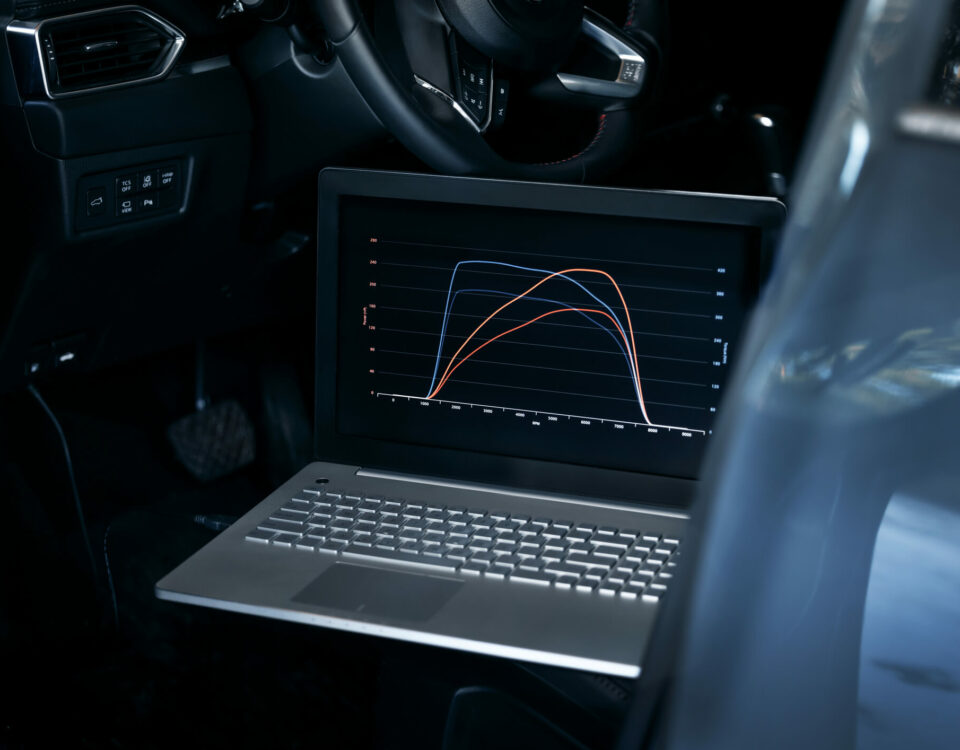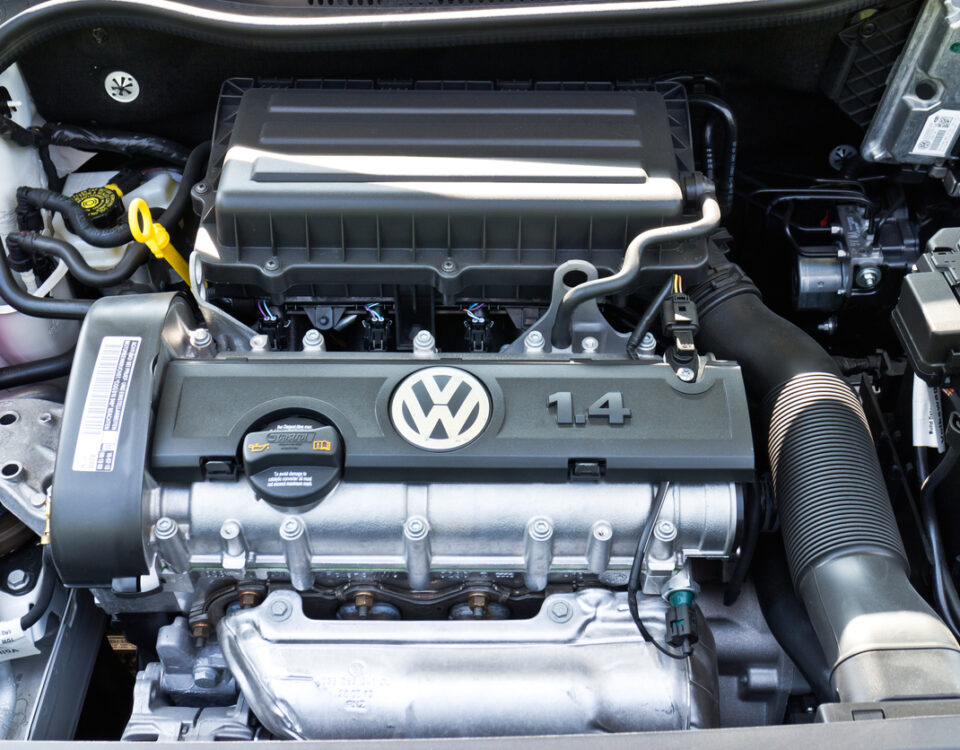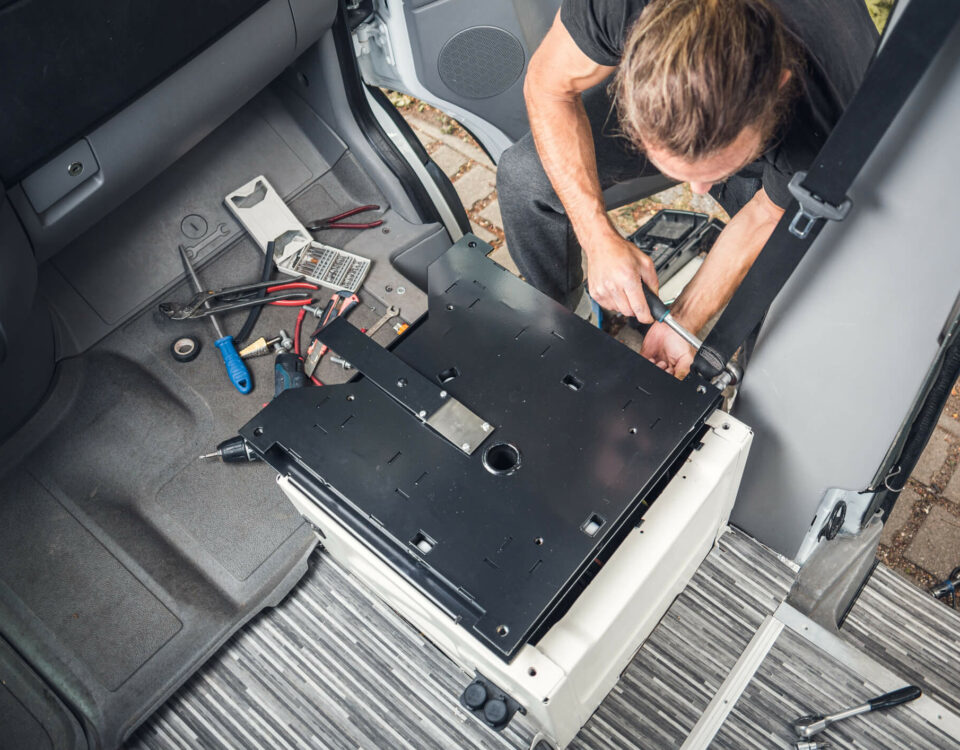Professional Car ECU Remapping Service Center UK
Choosing The Best Mechanics For Car ECU Remapping In The UK:
For Professional car ECU remapping in the UK, picking the best company is essential for ensuring that the procedure is completed correctly and safely. ECU remapping, sometimes referred to as chip tuning or motor tuning, involves changing the Engine Control Unit (ECU)’s software settings to enhance performance, power, and fuel economy. You can use the following advice to locate the best technicians for car ECU remapping:
Research and Reviews:
Begin by conducting in-depth research on reliable tuning and repair shops in the UK. To learn more about prior customers’ experiences and happiness with the service, read their reviews and testimonies.
Expertise and Experience:
Look for mechanics with in-depth knowledge of tuning cars like yours and a focus on ECU remapping. An experienced and skilled individual is more inclined to offer a dependable remapping solution.
High-Quality Equipment:
Make sure the technicians are using high-quality equipment and tools for the remapping operation. A good remapping project requires high-quality equipment and current software.
Customization & Advice:
Select mechanics who provide specialized tuning services catered to your unique requirements and tastes. To explain your needs and comprehend the potential outcomes, a consultation is necessary before the remapping process.
Verify Insurance:
Make sure the mechanics are covered by liability insurance in case any potential damages arise throughout the remapping procedure.
Don’t Buy Cheap Deals:
Remapping an ECU is a specialized task that calls for knowledge and accuracy. Avoid being persuaded by outrageously low offers because they can produce substandard results or even harm your car.
Local Suggestions:
Find referrals from friends, family members, or car enthusiasts who have previously had their vehicles remapped. Finding reputable mechanics might be aided by word-of-mouth recommendations.
Transparent Pricing:
Select mechanics who provide upfront quotes without any additional costs. To make an informed choice, compare the services being offered and obtain multiple quotations.
Optimal Time For Tuning Your Vehicle:
The optimal time for tuning your vehicle depends on several factors, including the type of tuning and the condition of your vehicle. Here are some general guidelines for different types of tuning:
Regular Maintenance:
Regular maintenance should be performed according to your vehicle manufacturer’s recommendations. This typically includes oil changes, air filter replacements, tire rotations, and other routine checks. Following the manufacturer’s maintenance schedule ensures that your vehicle operates efficiently and minimizes the risk of unexpected breakdowns.
Engine Tuning:
If you’re referring to engine tuning for performance improvements, it’s essential to consider the condition of your vehicle and how it’s being used. Ideally, engine tuning should be done after the vehicle has been properly broken in (usually after the first 1,000-2,000 miles). Additionally, consider the climate and weather conditions; extreme temperatures can affect engine performance.
Emission Control System Tuning:
If you’re tuning your vehicle to comply with emission regulations, you should do so as soon as you notice any issues with your vehicle’s emission control system. Delaying this type of tuning can lead to increased emissions, potential legal issues, and decreased fuel efficiency.
Seasonal Adjustments:
Certain tuning adjustments may be necessary based on seasonal changes. For instance, you might need to adjust tire pressure, and coolant levels, or consider using different grades of engine oil depending on the temperature extremes in your area.
Suspension and Handling Tuning:
If you’re tuning the suspension and handling of your vehicle for better performance, it’s essential to do so after thoroughly inspecting the suspension components for wear and tear. Also, consider the driving conditions and how you intend to use your vehicle (e.g., daily commuting, track days).
Understanding The Different Types Of Car Engine Remapping:
The process of car engine remapping, commonly referred to as ECU (Engine Control Unit) tuning or chipping, includes changing the computer program settings of the engine’s control unit to maximize performance, increase fuel efficiency, or meet specific performance objectives. Car engine remapping comes in a variety of forms, each serving a different purpose. Here are a few typical examples:
Remapping for Performance:
The goal of this kind of remapping is to increase the engine’s overall performance and power output. Increasing horsepower and torque numbers entails altering variables such as the fuel-to-air ratio, ignition timing, and turbocharger boosting pressure. For people who want a more exciting driving experience and car enthusiasts alike, performance remapping is popular.
Economy Remapping:
Sometimes referred to as eco-tuning or fuel economy remapping, tries to increase fuel efficiency by enhancing the performance of the engine for greater mileage. The engine can run more effectively, consuming less gasoline without losing too much power, by altering several settings.
Stage Remapping:
Engine tuning is divided into various stages or levels, each of which offers a different performance level. Stage 2 remapping, on the other hand, might need additional hardware upgrades, such as an updated exhaust system or intake, to support the increases in engine performance. Stage 1 remapping, for instance, often entails basic alterations that can be performed to a stock car.
Custom Remapping:
A custom remapping is made to accommodate the owner’s unique demands and preferences. To establish a balance between performance and other elements like drivability, dependability, or personal preferences, the ECU must be fine-tuned.
Exhaust Gas Recirculation (EGR) and Diesel Particulate Filter (DPF) Delete:
Some owners choose DPF and EGR to delete remapping in areas where emissions restrictions permit. To enhance performance and lower maintenance costs, this method entails deactivating or altering emission control systems, such as the DPF and EGR. It is crucial to remember that because of the increased emissions, such alterations are frequently prohibited in many nations.
Pop and Bang Remapping:
This kind of remapping is usually used to produce loud exhaust crackles and pops when accelerating or letting off the gas. For enthusiasts wishing to give their car a sporty or eye-catching element, it’s mostly a cosmetic modification.
Cost Of Car ECU Remapping Installation:
The cost of ECU remapping can vary depending on several factors, including the make and model of the car, the type of ECU remapping being performed (performance tuning, economy tuning, etc.), the reputation and location of the tuning service provider, and the level of expertise they have.
- The primary effective element affecting remap cost is the type of vehicle. Programming becomes more difficult and time-consuming as a car becomes more sophisticated and complex. In some complex engines or cars with great sensitivity, the tuner must make incremental changes to the program to get the best possible condition. This is known as ECU programming.
- The second important factor is the type of ECU. In some cars, the diagnosis OBDII port can be used to execute remaps without opening the ECU. In these circumstances, remapping is less expensive than opening the ECU. For instance, certain ECUs can be read and written using the ECU case approach, while in some cases, the chip needs to be taken out of the board, programmed, and then soldered back on. This kind of chip tuning takes longer, is riskier, and costs more.
- The third significant element that affects the price is special orders (doing special works) in the program. Performance enhancement or low fuel usage (eco remap) are the top reasons for remapping. If extra equipment is required, costs will increase. For instance, additional costs would be required if any of the following choices were made in addition to the remap.
Final Words:
When done correctly, ECU remapping can significantly improve performance, but it should only be done by trained professionals to prevent harming your car’s engine or nullifying any warranties. Choose the most qualified mechanics with attention to quality and safety by taking your time.
The best time to tune your car is a complex question without a universally applicable solution. Maintaining your vehicle in its best state all year long can be accomplished by adhering to the manufacturer’s suggested maintenance schedule and taking care of any concerns as soon as they arise.
When considering engine remapping, it’s critical to select a recognized and knowledgeable tuner or remapping expert. Remapping done incorrectly or improperly can result in engine damage, decreased reliability, or even the voiding of the manufacturer’s warranty. To make sure that engine modifications are by emission and safety standards, always verify local laws and regulations.



